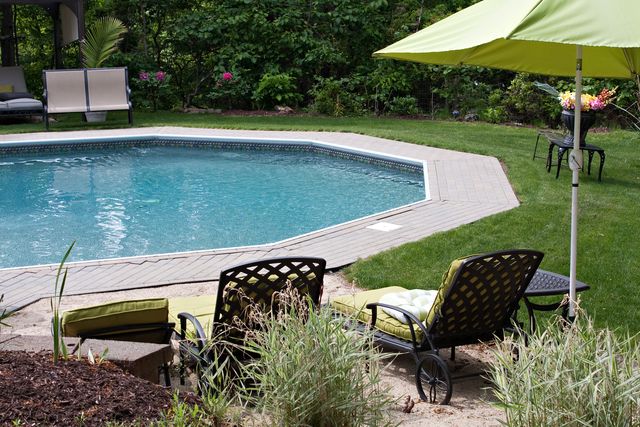
Residential swimming pools
Safety rules:
• Children should always be supervised by an adult (who has not consumed any alcohol). Children should never swim all alone.
• If a child does not know swimming very well, he/she should stay within the pool’s recommended safety depths and always wear a water safety means.
• There should always be a depth check and the layout of the pool.
• You should always have a suitable fencing around the pool to control the access. The fencing should be at least 5 feet (1.5 meters) high on all sides of the pool, have secure doors and gates. Four-sided pool fencing decreases water-related injuries in young children by over 50%.
According to the Consumer Product Safety Commission (CPSC) fences should meet the following standards:
• They should be at least 4 feet (130 centimeters) high and they should have no foot or handrails for kids to climb on.
•The slats should be less than 4 inches (110 millimeters) apart so a child can't get through.
• There should be an immediate and easy access to suitable rescue aids such as a torpedo buoy, rope or reach. Inflatable flotation devices such as vests, water wings, rafts, and tubes can give a false sense of security in the pool and aren’t effective protection from drowning. Never use them as a substitute for constant adult supervision.
• It is good for parents to know what to do in an emergency: learn first aid and CPR (Cardiopulmonary resuscitation).
• Always follow pool manufacturers advice for maintenance and safety checks.
• Remove any kinds of toys from the pool when not in use.
• Always advise guests of key safety advice at the pool.
• Children should not run or push each other around the pool.
• In case of bad weather conditions, children should immediately get out of the pool, especially if there's lightning.
• If you attend a party, designate an adult to watch kids in the pool.
• Seconds count, so keep your mobile phone with you in case of an emergency.
Paddling Pools
- Do not hold anyone’s head under the water. If someone says stop, then do it.
- Make sure an adult is always around and supervises.
- Μake sure you empty the paddling pool after its use
SHOCK FACT
Even non-fatal drowning injuries can cause brain damage and this can lead to serious health problems such as long-term memory problems and learning disabilities.
Πηγή: www.rlss.org.uk






